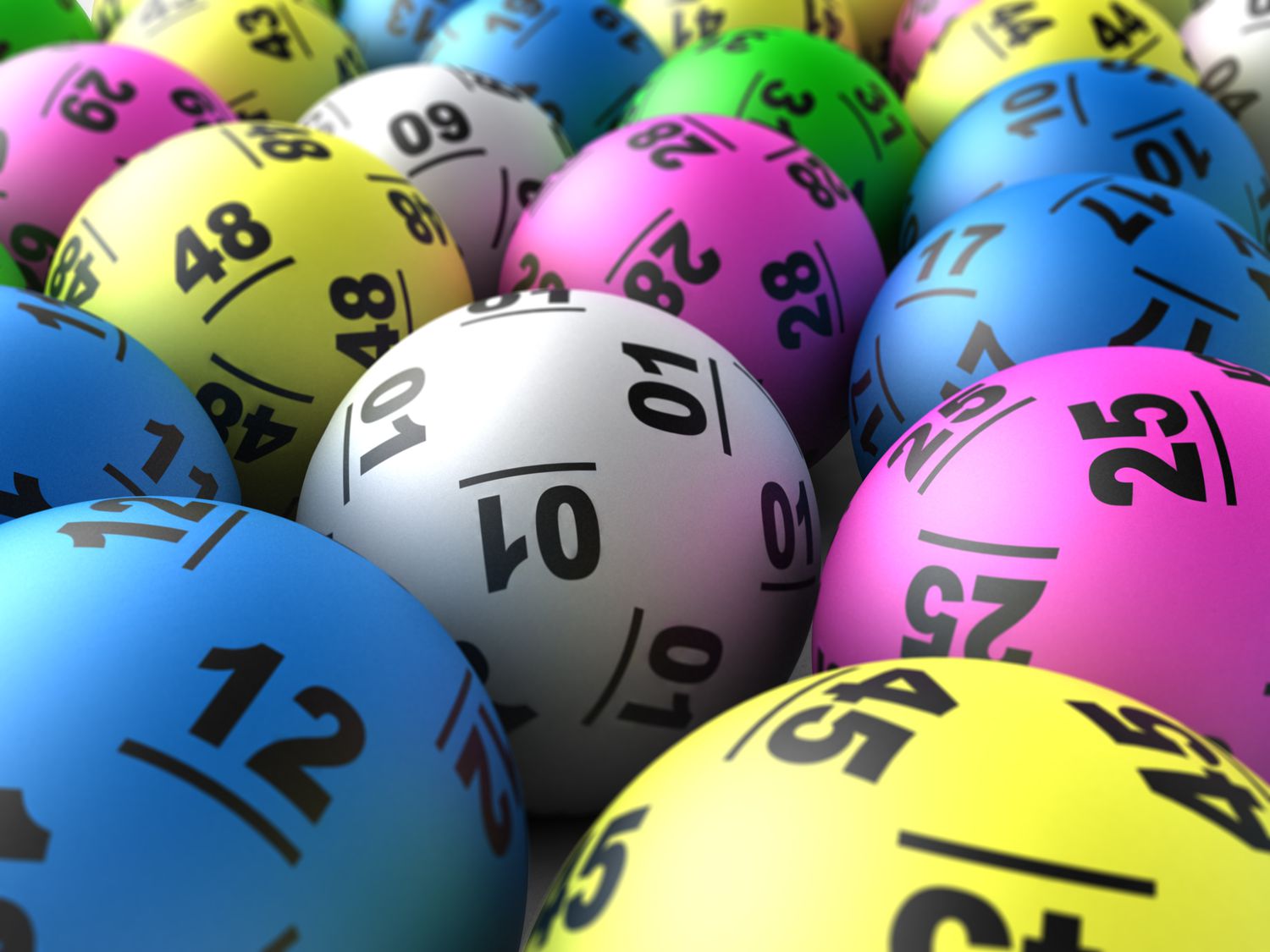
Lottery is a type of gambling in which players purchase a ticket for the chance to win a prize. Generally, the prize is money or other goods. It is considered to be a form of indirect taxation because the winners pay taxes on the amount they win. The lottery has proven to be a popular source of income in many countries. It is also a popular way to raise funds for a variety of public projects. However, the popularity of the lottery has raised concerns about its ethical implications. For example, it encourages people to spend more than they can afford. As a result, they forgo savings that could be used to prepare for retirement or pay for college tuition. In addition, people may lose money by buying tickets that are not in their favor. In a few rare cases, the winners must pay enormous taxes and go bankrupt within a few years.
Throughout history, lottery games have served as a means of distributing property, slaves, and other goods. A famous example is the biblical lottery of the Israelites’ land, in which a number was drawn for each parcel of land to determine who would receive it. Later, Roman emperors gave away property and slaves through lotteries, as well. Modern examples include the lottery for units in a subsidized housing project, and commercial promotions that involve drawing numbers to determine who gets a product or service.
While some lottery participants use a method of selecting numbers that they think will bring them luck, others are more serious about winning the prize money. These players often experiment with different combinations of numbers, looking for patterns in the results of previous draws. They also choose numbers that have been drawn less frequently, and avoid those that start or end with the same digits. Some of these methods are based on mathematical analysis, while others simply involve following the advice of lottery experts. One such expert, Richard Lustig, has published a book on how to play the lottery more effectively.
The odds of winning the lottery depend on how many tickets are purchased and the total amount of the prize pool. The prize pool is usually the sum of all ticket purchases, after expenses for the promoter and any taxes or other revenues are deducted. A small percentage of the proceeds from each ticket goes toward paying for the prizes, and the remainder is awarded to the winner or winners.
If you have won the lottery, it is important to decide how to spend your winnings. You may want to take a lump sum payout so that you can invest your money for a higher return. Alternatively, you can opt for annuity payments, which will give you smaller payments over time. Be sure to speak with a financial advisor to make the best decision for you. You will also need to consider whether you want to pay taxes in a lump sum or over several years.